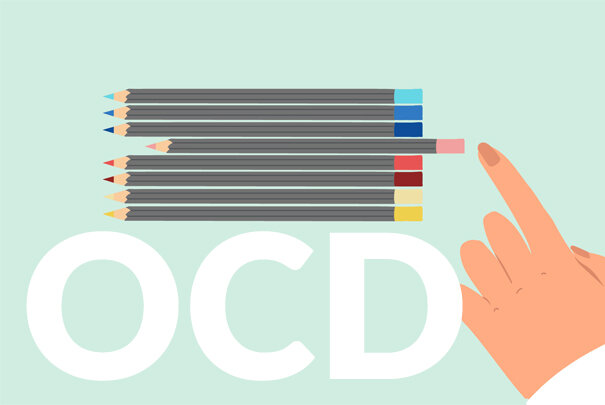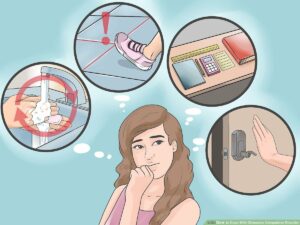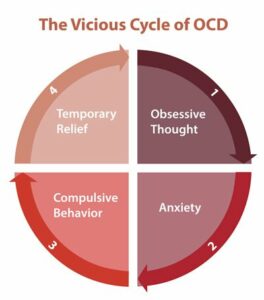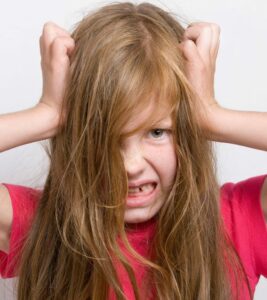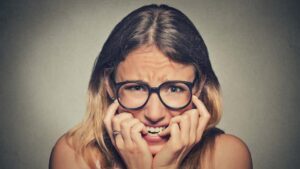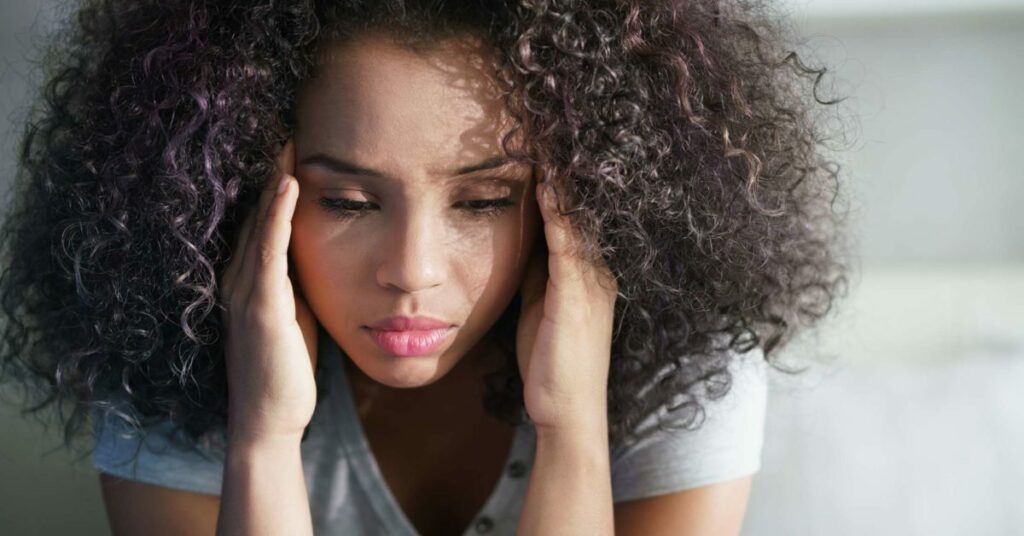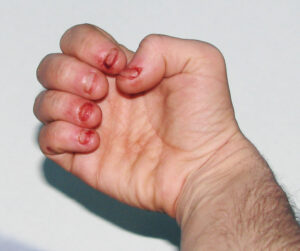Compulsive behaviors are a form of addiction where the individual finds themselves unable to control their behavior. They may feel compelled to engage in compulsive behavior, even when they know it is not good for them. People can have many bad habits. however, People who abuse drugs or gamble too much might do something else bad. In this article, we will discuss what compulsive behavior is and how you can get help if you find yourself struggling with one of these addictive disorders.
Contents
What Is Compulsive Behaviour?
Compulsive behavior is a type of behavior that is carried out over and over again, even though it may have negative consequences for the individual. It can be difficult to stop compulsive behaviors without help from a professional.
Different Types Of Compulsive Behavior
There are many different types of compulsive behavior, moreover some of the most common include:
Obsessive-Compulsive Disorder (OCD)
OCD is a psychiatric condition marked by obsessive thoughts and/or compulsive acts. People with OCD often feel that their obsessions are senseless, but feel unable to dismiss them. This usually makes people feel anxious or like they must do certain things. These are called compulsions. While there is no known cure for OCD, there are a variety of treatments available to reduce the effects of this disorder.
Trichotillomania Disorder
The Hair-Pulling Disorder. Trichotillomania is an impulsive-compulsive disorder that includes recurrent hair pulling. The person with this condition feels the urge to pull out his or her own hair resulting in noticeable hair loss. This can occur on any part of the body, however, it is most common on the scalp, face, and eyelids. There are several factors that contribute to Trichotillomania which can vary for different people.
Excessive Cleaning Disorder
A person who excessively cleans may be diagnosed with an obsessive-compulsive disorder or OCD. People with OCD may engage in excessive cleaning as a compulsion. They may become preoccupied with cleanliness and order, and spend a significant amount of time cleaning their home or belongings. They may also be extremely critical of themselves if they do not clean to their own high standards. Excessive cleaning can be disruptive to a person’s life and can cause significant distress. It can also lead to problems with relationships, employment, and the ability to function in social settings.
Compulsive Eating Disorder
CED is an eating disorder that can be dangerous to your health if not treated. You eat compulsively because you are sad, angry, or anxious. If you feel that you have a problem with excessive snacking or bingeing, then Compulsive Eating Disorder may be the cause. Many people deal with stress by overeating and this can develop into an eating disorder.
Compulsive Shopping Disorder
A compulsive shopping disorder is a mental health condition in which a person feels the need to shop compulsively. This means that they feel an irresistible urge to buy things, even if they don’t need them and can’t afford them. People with this disorder may buy things impulsively, or spend hours browsing stores without buying anything.
People who compulsively shop may not be aware of how much money they spend. They may also buy things impulsively, even if they believe that they shouldn’t have bought the item or if it was more expensive than they can afford. A compulsive shopper feels a strong urge to shop and is unable to resist buying things, even if they know they can’t afford it.
Signs Of Compulsive Behavior
If you are worried that you or a loved one may be struggling with compulsive behavior, there are some signs to look out for. Some common symptoms of compulsive behavior include:
- Obsessing about certain things
- Having intrusive thoughts that won’t go away
- Feeling the need to compulsively do something over and over again
- Experiencing severe anxiety or stress when unable to engage in the compulsion
- Spending a lot of time thinking about the compulsion, planning for it, or doing it
- Trying to stop but being unable to do so despite negative consequences
- Constantly engaging in dangerous behavior without regard for personal safety
- Feelings of shame and guilt over how much time you spend on compulsions
These symptoms are not exclusive to compulsive behaviors, they can also occur with other mental health disorders such as depression.
Causes Of Compulsive Behavior
There is no one answer to this question, however, there can be many different causes of compulsive behavior. Some possible causes include:
- Trauma or abuse
- Stressful life events
- Family history of mental illness
- Genetics
- Brain chemistry
Risk Factors
There are some risk factors that can make it more likely for someone to develop compulsive behavior such as:
- Having a mental illness
- Experiencing a lot of stress
- Trauma or abuse
- Living in a chaotic environment
- Family history of mental illness
- Mental health disorder or addiction in a family member
- Having trouble coping with emotions and feelings
Effects Of Compulsive Behavior
In some cases, compulsive behaviors can help you feel more in control. But this is usually not true. Negative consequences sometimes outweigh the good things. Some possible effects include:
- Feeling disconnected from friends and loved ones due to not having time for them while focused on compulsions
- Feeling ashamed about how much time is spent on these activities
- Losing interest in hobbies that used to bring joy because they no longer fit into the compulsive routine
- Putting relationships at risk by neglecting people or responsibilities
- Financial issues resulting from spending too much on compulsions
- Health issues are due to neglecting self-care and engaging in dangerous behavior as a result of compulsive behaviors.
Treatment
There are many different types of treatment available depending on the individual’s needs, but some common treatments include:
- If you are struggling with compulsive behavior, the best thing to do is seek professional help.
- Cognitive-behavioral therapy (CBT): This is a type of therapy that helps individuals learn how to change their thoughts and behaviors.
- Dialectical behavioral therapy (DBT): This type of therapy helps people learn how to manage their emotions and feel more in control of themselves.
- Medication: In some cases, psychiatric medication can help reduce the symptoms associated with compulsive behavior.
- Group therapy: Group therapy is a great option for people who need support from others going through similar struggles.
- Support groups: There are also many support groups available for people with compulsive behavior.
- Self-care: It is important to take care of yourself both physically and mentally when you are struggling with any mental health disorder. Some ways to do this include exercise, relaxation techniques, healthy eating, and getting enough sleep.
Precautions To Take
There are some precautions that can be taken to help reduce the chances of developing compulsive behavior. however, Some ways to do this include:
- Focusing on taking care of yourself first, rather than others
- Eating healthy foods and getting enough sleep
- Taking time for self-care activities you enjoy
- Talking about your feelings or what is causing stress instead of avoiding them with compulsions
- Avoiding drug use as it may worsen symptoms associated with mental health disorders such as depression, anxiety, etc.
- Also, avoid alcohol consumption if struggling with addiction issues. It will only make things worse!
- Maintaining a strong support system is important. That way, when times are tough, you have someone to talk to.
Conclusion
This blog post has explored the idea of compulsive behavior and how to help people who compulsively eat or shop. People said that there were myths about this disorder, so we looked at what causes it and how to fix it. Some people think that these disorders are not real. But they are and should be taken seriously because the person suffering from them needs help to live their life better.
If you are looking for affordable Online Counseling MantraCare can help: Book a trial therapy session
